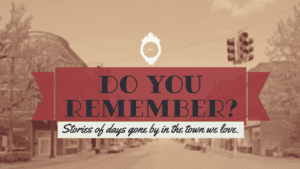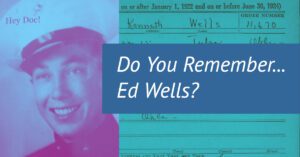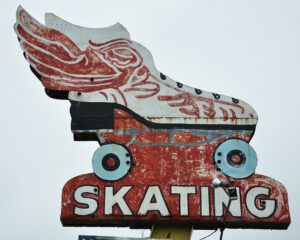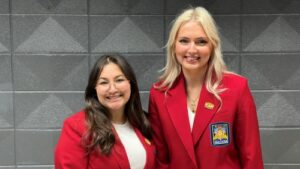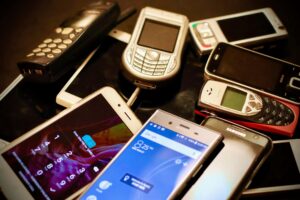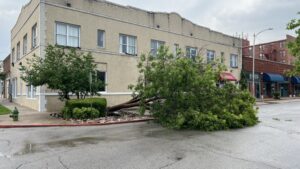Before personal computers, before the internet, and before Search engines, such as Google, we relied on books, magazines, and journals, to answer our questions and to be the source material for any scholastic paper.
Those of us who were fortunate enough to own an encyclopedia set, such as World Book or Encyclopedia Britannica, had limited resources at home. The encyclopedia was a set of books organized in such a fashion that each book had a group of letter of the alphabet on its cover and everything that that started with those letters was in that book, for instance, Aa-Bm, would have aardvark, animal, azalea, Bangladesh, bass, and blender in the same volume. It was a condensed compendium of general knowledge from A to Z. There was an addendum published each year to keep the beautifully bound volumes updated.
The encyclopedia was not always sufficient for a school term paper or homework assignment. The teacher would often request multiple sources, three for example, as references to be listed in the footnotes of the work. This required visiting the school library, or in most cases, a trip to the Sapulpa Public Library on Dewey and Poplar.

The Sapulpa Library was across the alley behind my father’s store, so it was very convenient for me to use the public library as my main source of research material. Reference books could not be checked out, therefore, I spent many long hours doing homework and term papers at the library. Copiers didn’t exist, so you had to hand-copy information by writing cursive or printing.
Many times, the teacher would list the books that were to be used for reference. This made the job of research somewhat easier. We simply walked into the library, went to the desk and asked the Librarian for a certain title and author. If she was not busy, she would look up the book number in the large wooden file cabinet, loaded with little cards, cataloguing each book using the Dewey Decimal System. These entries were hand-written, and later typed, to reflect the Dewey Decimal number, the author and title, the publisher, the Library of Congress number, the publishing date, and a brief synopsis of the volume.
The Dewey Decimal System assigns a category number in ten main groups. Each main group has a subgroup and that subgroup has a group under it. For example,900-999 is History, Biography, and Geography. The history of Europe is placed in the 940s. The history of England is 942, the history of the Stuart Period is 942.06, and the history of the English Commonwealth is 942.063.
This system worked well unless the book was stolen or misfiled.
Unfortunately, it seemed the norm for me was to peruse the shelves in the reference section, looking for titles that might contain the needed information. Hunting for the books I needed, could be an arduous task.
Once I had the reference material, the really hard part of the research began. I would, on numerous occasions, have five or six books, stacked on the table. I would pore over these books, reading page after page, flipping back and forth, looking for the precise information I needed to complete my assignment. There were no Post-it notes, so I would either fold back a corner of the page, or tear off a piece of notebook paper to use as a bookmark.
These papers were, for the most part, hand-written through high school. I had to do a paper at the end of the semester in Botany and had six books on the table. By the time I finished writing it, I had writer’s cramp. College papers were typed. I owned a turquoise blue and white Smith-Corona portable typewriter that I would carry with me to the Library.
Besides academic research, I spent countless hours in my personal quest for knowledge in many subjects. Before YouTube, when I wanted to know how to do something, like fix plumbing, how to garden successfully, or tune my car, I would go the the library and find a do-it-yourself book. Fortunately, most of these books could be checked out.
The library, in fact, was my Google. It was the repository of the sum of all knowledge at my disposal. Today, students still go the library, but they are usually there to use the public computers available to them, and help from the librarians to find more information.
It is my humble opinion that young people today do not fully realize how difficult and time-consuming research was before the advent of Google and other search engines. Nowadays, the scope of the knowledge at their fingertips is almost infinite.


